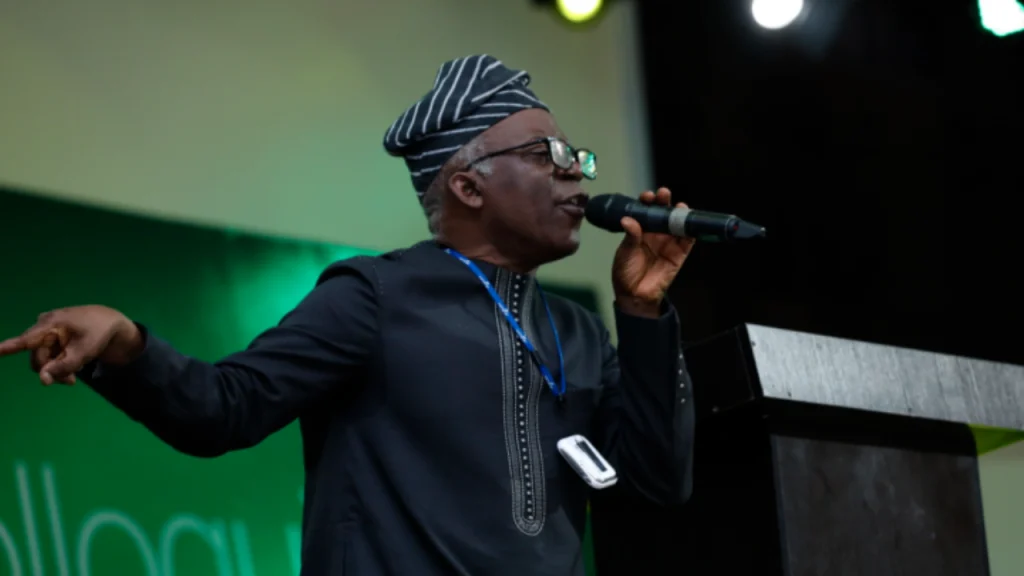Nigerian Senior Advocate Femi Falana has asserted that due procedure was not followed when former President Umaru Yar’Adua halted the sale of the Port Harcourt refinery to a consortium headed by business magnate Aliko Dangote.
In an interview on Wednesday on Channels Television, former President Olusegun Obasanjo said that the Nigerian National Petroleum Company Limited (NNPCL) rejected the consortium’s 2007 offer of $750 million to handle the refineries in Port Harcourt and Kaduna.
In the interview, Obasanjo said that Shell Petroleum Development Company had expressed concerns about corruption that would impair the refinery’s operations when they were asked to buy it.
Falana, however, said in a statement on Friday that the sale reversal was an essential step in addressing the transaction’s ethical and legal violations and safeguarding Nigeria’s national interest.
He clarified that the Vice President chairs the National Council on Privatisation, which is in charge of regulating the privatisation of public companies under the Privatisation and Commercialisation Act.
Falana claimed that by ignoring then Vice President Atiku Abubakar and personally overseeing the privatisation of other state-owned businesses, Obasanjo circumvented this legal obligation.
According to the attorney, the group includes Bluestar Oil, which is a combination of Zenon Oil, Dangote Oil, and Transcorp.

“The Vice President serves as the chairman of the National Council on Privatisation, which is tasked with regulating the privatisation and commercialisation of public businesses following the Privatisation and Commercialisation Act, according to the statement.
“President Olusegun Obasanjo sidelined Vice President Atiku Abubakar and took over the privatisation of several public firms in flagrant violation of the Act. President Obasanjo had purchased significant shares in Transcorp before the transaction via “blind trust.”
“As the sales were completed in the final days of the Obasanjo Administration, numerous interest groups in the nation questioned their morality and legality.”For US$561 million, President Obasanjo sold Bluestar Oil a 51 per cent share in the Port Harcourt Refinery on May 17, 2007. In a different deal, President Obasanjo paid $160 million to Bluestar Oil for 51% of the Kaduna Refinery shares on May 28, 2007.
“Key stakeholders rejected the proposed sale and voiced concerns about due process, according to Falana. These stakeholders included the Petroleum and Natural Gas Senior Staff Association of Nigeria, the National Union of Petroleum and Natural Gas Workers, and other unions.
“Additionally, they claimed that the country had been underpaid since the $516 million shares they had purchased in the Port Harcourt refinery were worth $5 billion. Both unions went on a four-day strike in June 2007 that nearly shut down the Nigerian economy because they believed the agreements were not in the country’s best interests.
“Following guarantees from the Nigerian government that the transactions would be carefully examined, the unions called off their strike. President Yar’Adua revoked the privatisation of the refineries in Kaduna and Port Harcourt after the investigation.
“It is documented that the cancellation of the privatisation was not contested in any court because it was executed in violation of the letter and spirit of the Privatisation and Commercialisation Act,” the statement read.

